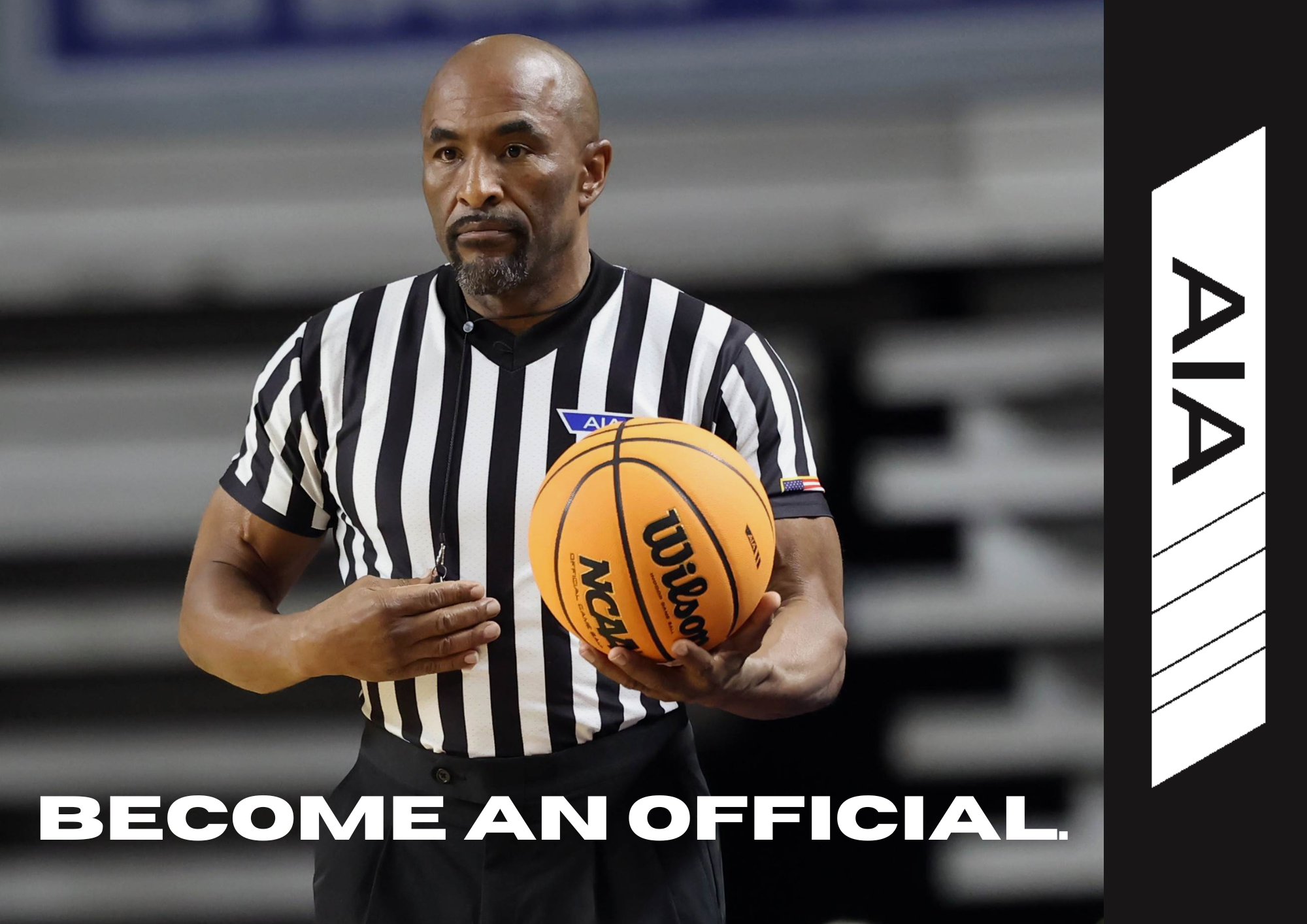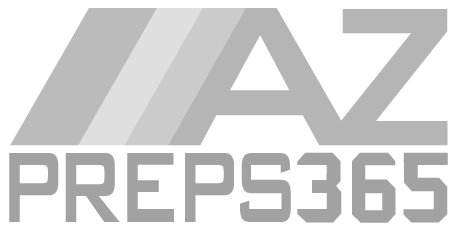Concussion awareness working, not standing still in 2013
August 27, 2013 by Les Willsey, AZPreps365
One example spoke volumes Tuesday morning at joint press conference of Barrow Neurological Institute, the Arizona Interscholastic Association, Arizona Cardinals, A.T. Still and the Fiesta Bowl concerning concussion awareness in the state. It's a sign the Barrow Brain Book, required by the AIA for its athletes since 2011, is educating.
Mountain Pointe sophomore Aaron Ledford, who plays football for the Pride, suffered a concussion last year in late August. The symptoms went undected briefly that day until a teammate noticed Ledford acting strangely. He brought Ledord's plight to the attention of a coach and quickly a trainer took over to discover that the freshman had symptoms of a concussion.
"I got hit in the air going for a pass," Ledford recalled. "I lost my helmet on the way down and fell on it. I walked to the sideline. I was kind of shaky. That's when one of my teammates saw me and thought I was acting funny. If he hadn't said something, noone would have known about it."
The reason Leford's concussion was eventually diagnosed pointed to his teammate's readiing of the Barrow Brain Book, required reading the past two years of Arizona athletes by the AIA before they are cleared to participate in athletics. Around 180,000 student athletes in Arizona have read the Brain Book, part of Arizona's and more recently, the nation's growing attention to the seriousness of concussions.
The Brain Book is and has been an important first step, but the AIA added a by-law this year that serves to reduce contact during the high school season.
AIA associate executive director Chuck Schmidt cited the new by-law, passed last March by the the AIA's Legislative Council. That by-law is now in effect. It allows only half of practice time in preseason to be contact work and limits contact work in the regular season to one-third of practice time. Contact work, as defined in by-law 23.2.7 is "padded athletes in contact with each other."
Ledford suffered his concussion in late August of 2012. He said he suffered from "a lot of headaches, was at times emotionally unstable, suffered through periods of irritability and confusion. It took a month and cost him five games of the season before he was symptom-free and able to return to the field. Ledford said last year there were 10 concussions verified in Mountain Pointe's program. So far this year, that number is zero.
On Tuesday, the aforementioned organizations partnered again to add two more concussion initiatives. Barrow Neurological Institute's Dr. Javier Cardenes, MD, and neurologist at Barrow, unveiled both -- an added piece to Barrow Concussion Network and the new Barrow Brain Ball.
The Barrow Concussion Network will now be able to connect trainers and coaches on game night's with telepresence to on-call trainers who can aid in helping with concussion symptoms/diagnosis. That's in addition to the Concussion Network's mandatory concussion education, voluntary pre-injury testing, post-injury medical resources to all AIA schools and groundbreaking research on injured Arizona students.
The Barrow Brain is a video game for the adolescent athlete -- ages 8-to-12 -- which can educate them on concussions in a game setting instead of the text-heavy Brain Book. Brain Ball is is a simpler way to teach younger athletes about concussions -- while Brain Book caters to the high school athlete.


